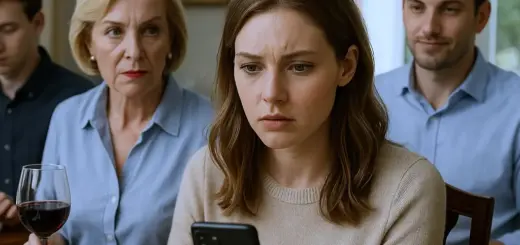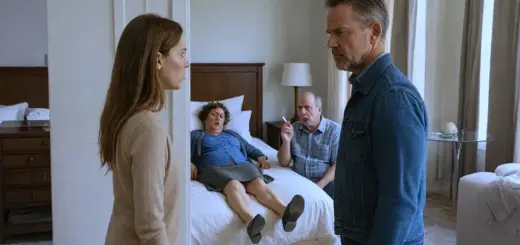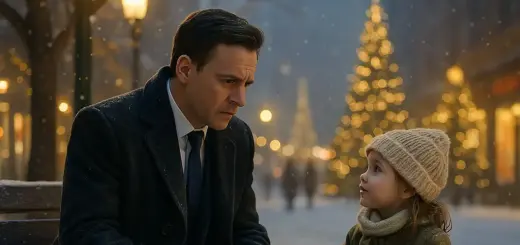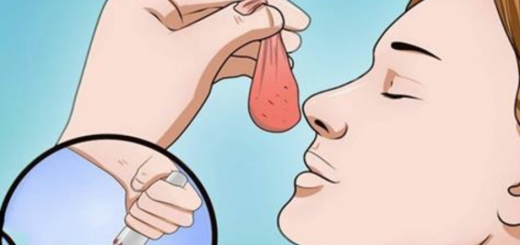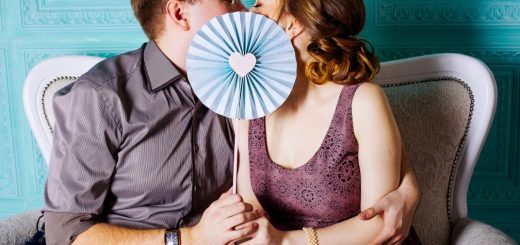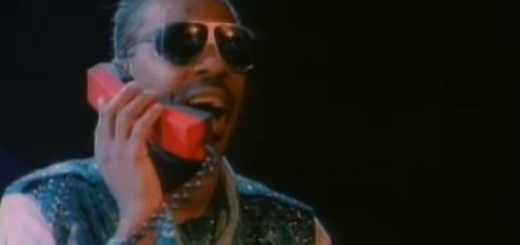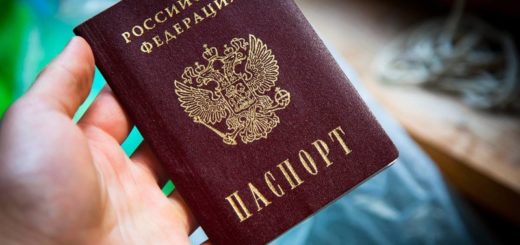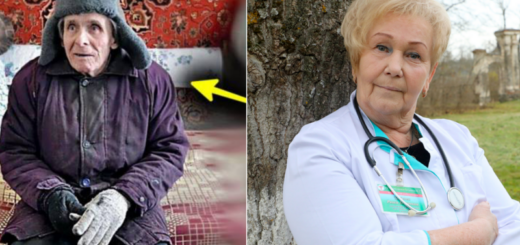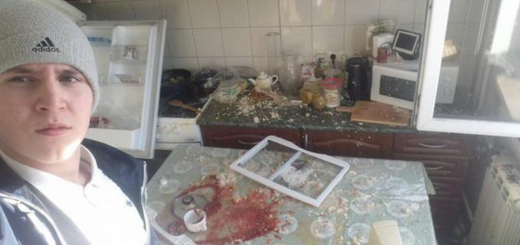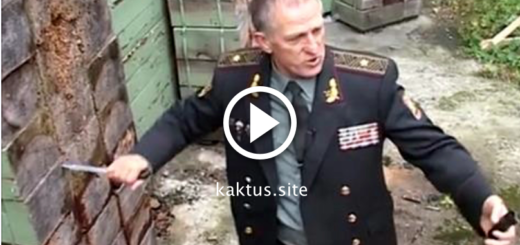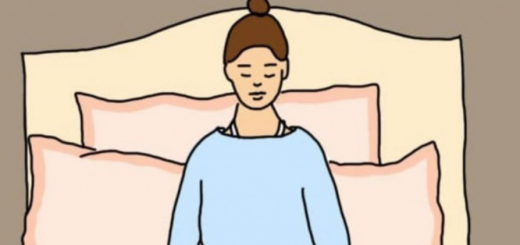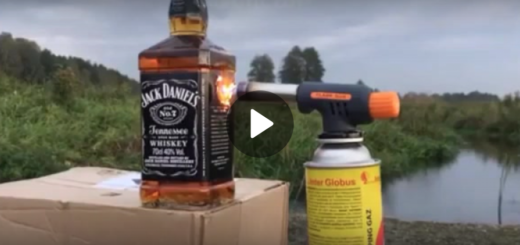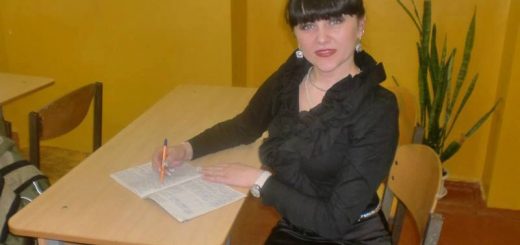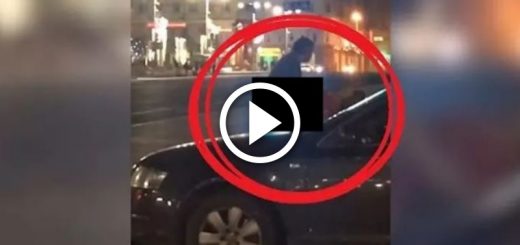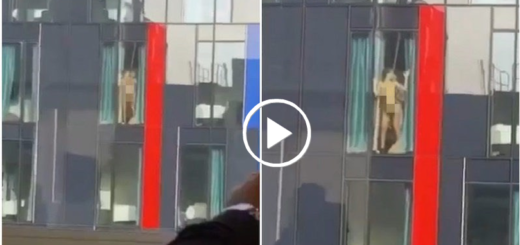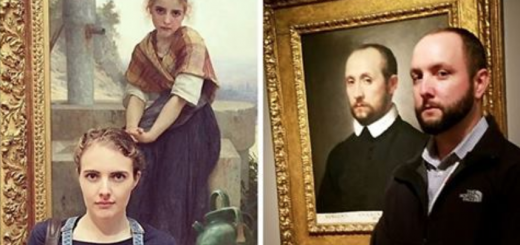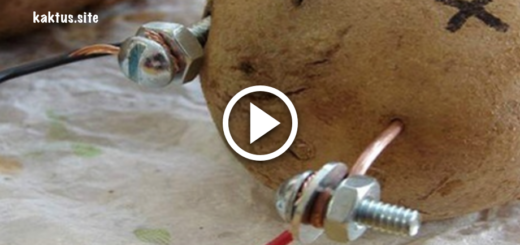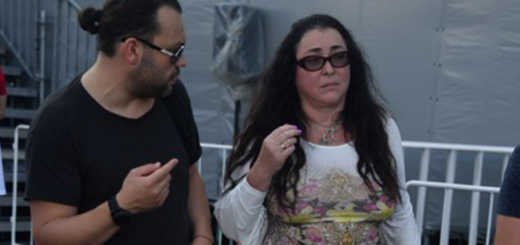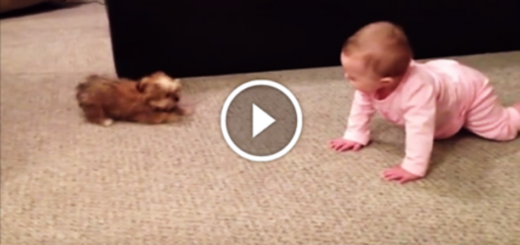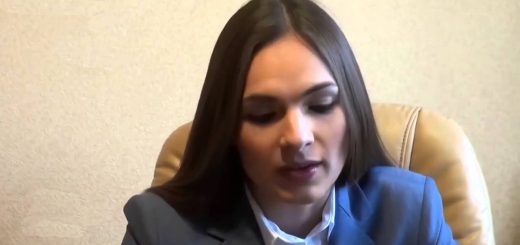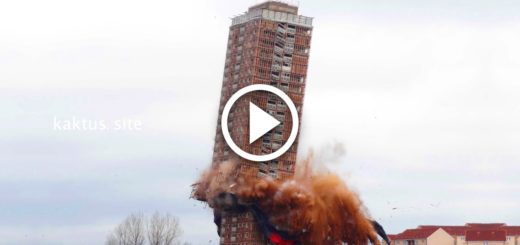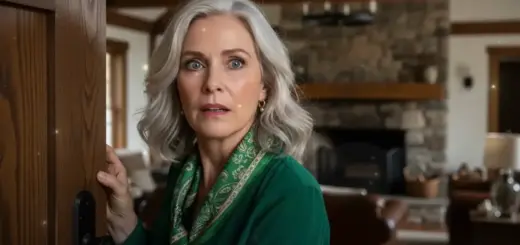My 11-year-old daughter came home, and her key didn’t fit. She spent five hours in the rain, waiting. Then my mother came out and said, «We have all decided you and your mom don’t live here anymore.» I didn’t shout. I just said, «Understood.» Three days later, my mother received a letter and went pale.
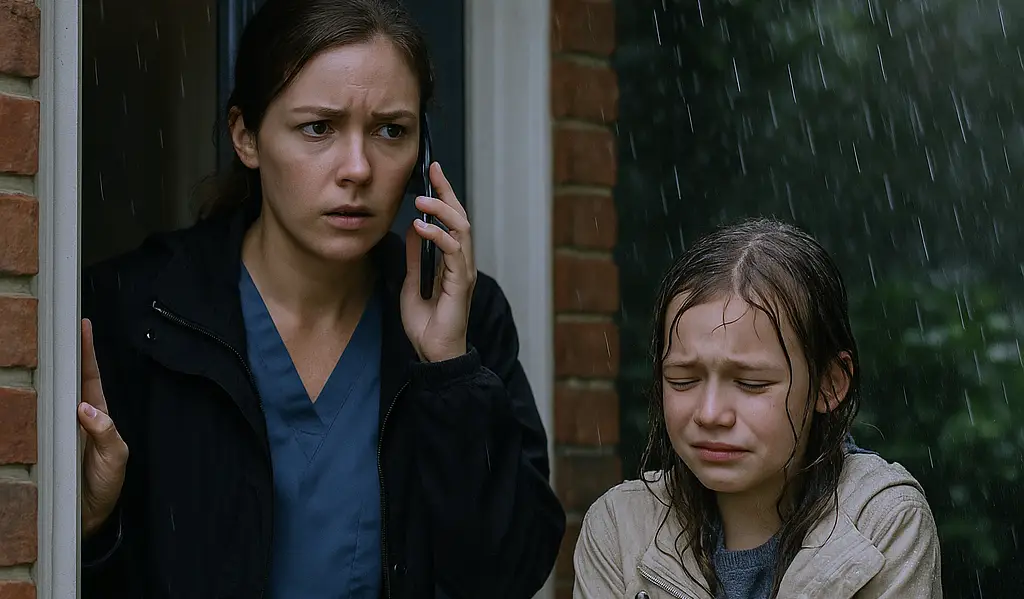
It was just a normal day at work—busy, chaotic, the kind of day that chews you up and spits you out in latex gloves. I didn’t know it would be the last normal day for a long time. We were short-staffed again, half the unit out sick, the other half pretending not to be. I’d already been yelled at twice before lunch: once by a patient’s family, once by a surgeon who thought sarcasm counted as leadership.
I was running on three hours of sleep and one energy drink that tasted like liquefied metal. Then my phone buzzed in my pocket. Normally, I ignore it during rounds, but something made me look. Maybe it was instinct. Maybe luck. Six missed calls from Hannah.
Hannah, my 11-year-old daughter. My quiet kid. The one who apologizes to furniture if she bumps into it. She never calls six times in a row unless it’s important. I stepped into the supply room, shut the door, and hit call. She answered immediately.
«Mom?» her voice sounded small and tight, like she was trying not to cry.
«What’s wrong, sweetheart?»
«My key doesn’t work.»
I frowned. «What do you mean it doesn’t work?»
«It won’t go in. I think they changed the lock.»
«They?»
«Grandma. Maybe Aunt Brittany.»
I rubbed my forehead. «They wouldn’t change the lock without telling me.» There was silence, then a sniffle. «Can you come home?»
I glanced at the clock. Another hour before I could even think about leaving. «Honey, I can’t right now. We’re swamped. Try calling Grandma, okay? Or Aunt Brittany. They’re probably home.»
«I did,» she said quietly. «No one’s answering.»
«Keep trying,» I promised. «Someone will open the door soon.»
«Okay,» she said, but her voice didn’t sound convinced.
When the call ended, I stood there for a moment, staring at the wall of gauze and gloves, telling myself it was nothing. A mix-up. An accident. Then I shoved the phone back in my pocket and went back to work.
Two hours later, I looked again. Four more missed calls. One text. «Mom, I think they’re here. Please come.» My stomach dropped. I stepped into the hallway, ignoring the beeping monitors, and called her. She picked up mid-sob.
«Mom, they won’t let me in.»
My voice came out sharper than I meant. «Who won’t?»
«Grandma. Aunt Brittany. They came to the door. Grandma said we don’t live here anymore.»
I froze. «What? She told me to stop knocking. She said I’m being dramatic.»
I felt something heavy and dark crawl through my chest. «Hannah, listen to me carefully. Are you safe?»
«I’m under the porch light.»
«Is it still raining?»
«Yeah.»
«Okay, stay right there. Don’t move. I’m leaving now.»
I didn’t ask permission. I found my supervisor and said, «My daughter’s locked outside. Family emergency.» He started to argue, but one look at my face shut him up. Five minutes later, I was in my car, scrubs still damp from sanitizer, rain hitting the windshield in furious streaks.
It’s a strange thing how quickly your brain can switch from professional to animal. I wasn’t a nurse anymore. I wasn’t a daughter. I was just a mother driving through a storm, white-knuckled and shaking.
By the time I pulled into the driveway, it was almost dark. Hannah was curled up on the porch, knees to her chest, hair soaked through. Her backpack sat next to her like a loyal dog. I ran to her, grabbed her into my arms. She was freezing.
«I’m sorry,» she whispered, like she’d done something wrong.
«You have nothing to be sorry for,» I said, my throat feeling raw. «You did exactly what you were supposed to do.» She nodded, trembling. Then the porch light flicked on. The door opened.
My mother stood there, wine glass in hand, like this was a social visit. «Elena,» she said, surprised. «What are you doing here?»
I stared at her. «You changed the locks.»
She sighed. «We needed privacy.»
«You locked my daughter out in the rain.»
«She’s fine.»
«She’s eleven.»
Mom tilted her head, the same patronizing look she’s had since I was old enough to disagree with her. «We’ve decided you and Hannah don’t live here anymore. It’s better this way. Less tension.»
«Who’s ‘we’?»
«Brittany and I.»
Of course. Behind her, my half-sister Brittany leaned in the doorway, phone in hand, fake concern painted across her face. «Mom, maybe this isn’t the best time.»
«Oh, stop,» Mom snapped. «It’s been coming for a while. Elena, you’re an adult. You’ll manage.»
I looked past them into the living room. Brittany’s kids, Logan and Grace, were sprawled on the couch watching TV. My daughter’s blanket was folded neatly beside them, the one with the little daisies she sewed on herself. Something inside me went very still.
I didn’t yell, didn’t cry, just looked at my mother and said, «Understood.»
She blinked. «What?»
«You heard me.» I turned, took Hannah’s hand, and walked back to the car.
We drove without speaking. Rain thudded against the roof like static. After a while, Hannah whispered, «Are we going to be okay?»
«Of course we are.»
She nodded, watching the headlights smear across the road. «Grandma doesn’t like me, does she?» The question hit harder than I expected.
I forced a smile. «Grandma doesn’t like anyone, sweetheart. Don’t take it personally.» She almost smiled. Almost.
The silence in the car that night was heavier than the rain. Hannah fell asleep in the passenger seat, head against the window, while I kept my eyes on the road and pretended not to replay every word my mother had said. «You and your mom don’t live here anymore.» Right. Because throwing out an 11-year-old is just good housekeeping.
I wish I could say I was shocked, but when someone has been teaching you who they are for decades, you don’t get to be surprised. You just finally start believing them. That’s when I realized this didn’t start tonight. It started years ago.
When I was little, there were four of us in that house: me, my mom, my dad, and Brittany, my mother’s first daughter. Five years older, five times louder, ten times more loved. If Brittany sneezed, Mom grabbed tissues in applause. If I sneezed, she told me to do it quietly.
Dad was gone most of the time. He was an overworked hospital doctor, always somewhere between late rounds and early flights to conferences. When he was home, he smelled like antiseptic and coffee. He’d pat my shoulder, tell me I was a good kid, then pass out in the armchair with his boots still on. I adored him for it anyway. At least he noticed I existed.

